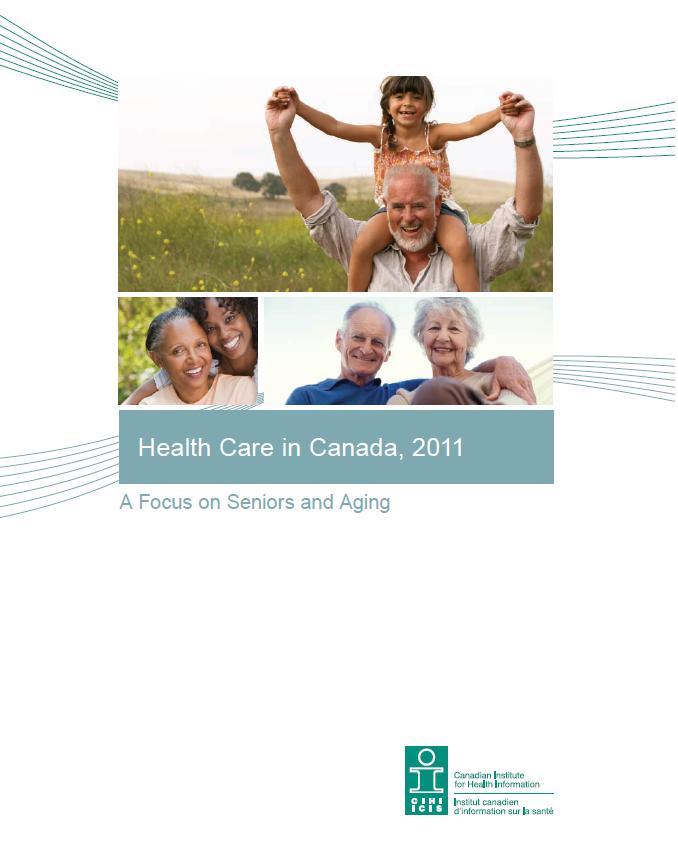January 2, 2012 - Today we received Health Care in Canada, 2011: A Focus on Seniors and Aging from the Canadian Institute for Health Information (CIHI). The report considers the health status of Canadians and recognizes the growing need to provide more ongoing support for people with chronic conditions. It declares that 48% of people aged 45-64 and 76% of people over 65 reported at least one chronic condition. “With increasing age the likelihood of having at least one chronic condition also increased†(19).
Access to health care was more closely correlated to the number of chronic conditions that people have than to age. And self-reported poor health status was similarly correlated with the number of chronic conditions. In 2009, 74% of seniors with only one chronic condition reported good self-perceived health, compared with only 27% of those with four or more†(19).


